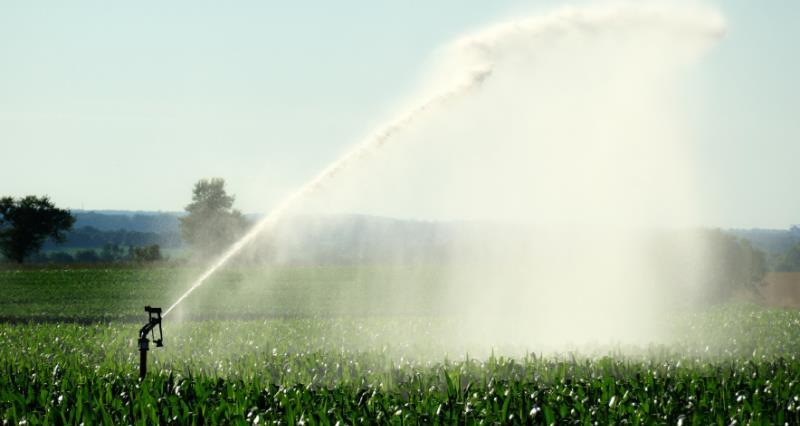In brief...
The Environment Agency has embarked on a programme in some catchments designed to encourage the voluntary surrender of abstraction licences by users who no longer need them.
Earlier this year Defra announced its intention to ‘tackle’ unused licences as one of several measures designed to prepare for long-term abstraction reform.
There are thought to be around 2,000 abstraction licences in England and Wales that have remained unused for 10 years or more. In recent weeks the Environment Agency has followed up Defra’s announcement by making low-key approaches to licence holders in some areas of the country.
For example, the agency’s area office for Norfolk, Suffolk and Essex recently wrote to approximately 300 holders of licences that have not been used for at least 10 years. Those licence holders were asked to confirm whether they still need their licence; and to produce suitable evidence to support any desire to retain it.
Where licences are no longer required, the agency asks holders to revoke them voluntarily.
These options do not affect the normal appeal process available to the licence holder.
The Water Act 2003 gives the Environment Agency powers to revoke an abstraction licence after four years of non-use; powers that the agency continues to be reluctant to use.
Paul Hammett, NFU national water resources specialist, welcomed the low key and voluntary case-by-case approach. Some dormant licences will never be needed by the business, and unused water can no longer be traded to another farmer.
On the other hand, unused licences are not always un-needed licences, and there may be sound business and agronomic reasons why allocated water may not have been used in the recent past.
Hence it is vital for licence holders to have the opportunity to explain to the Agency why continued access to water may be justified.
Mr Hammett said that time will tell whether some users will be inclined to ‘use it or lose it’ in responding to government licensing policies.
